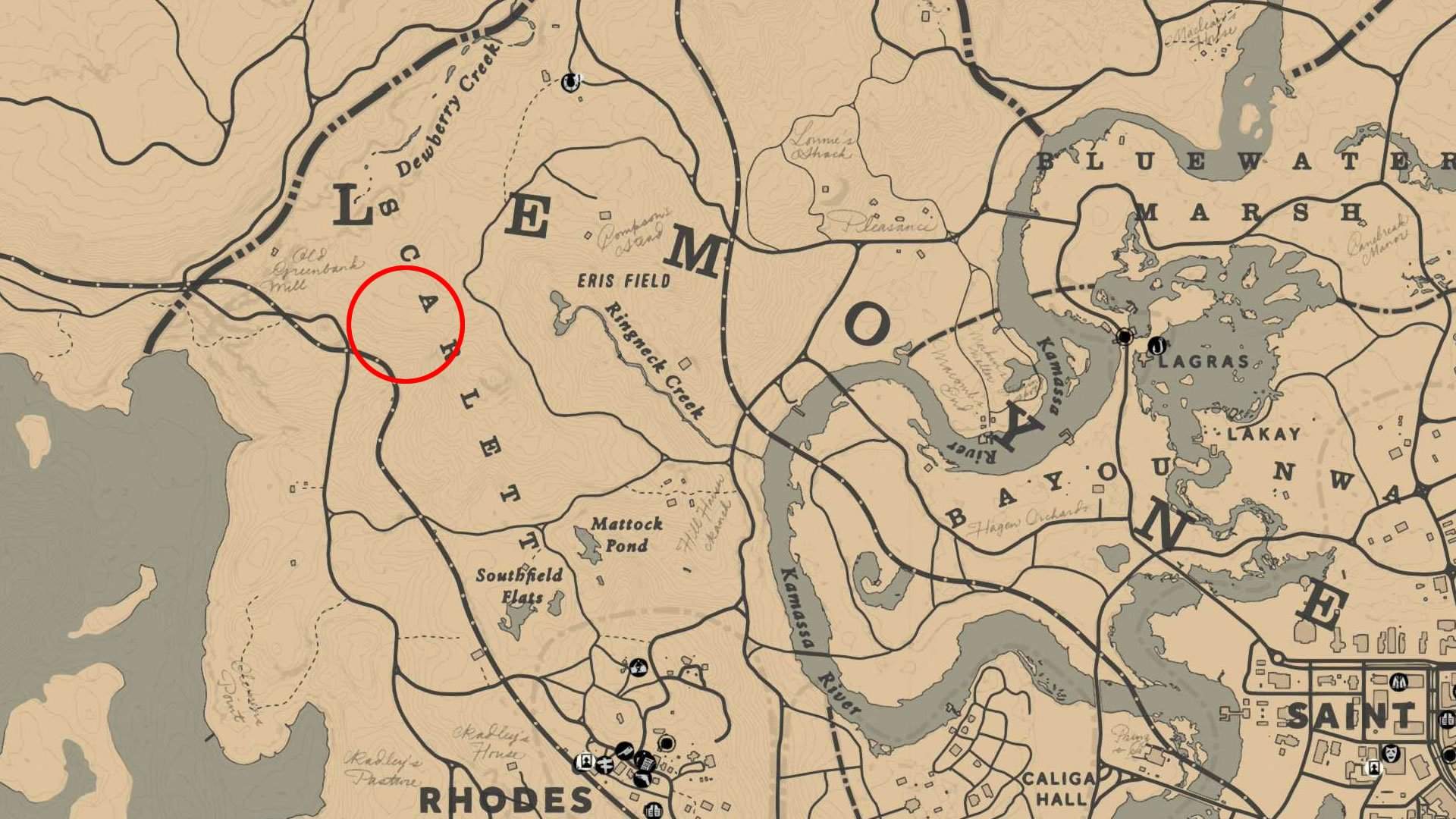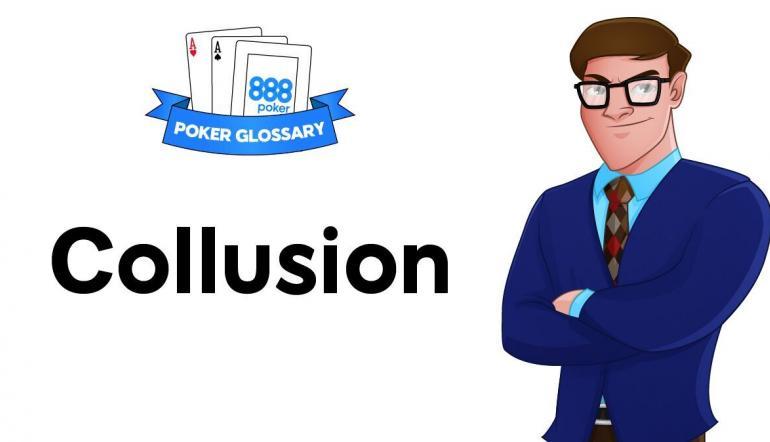Online Poker Collusion Tips
The best thing to do to prevent collusion in online poker is write to the customer support team of the poker site where you are playing. Adda52.com has always considered collusion as an unlawful activity. The site investigates such issues and take the required action when it is reported. How you get cheated in Online Poker. Collusion, Multiaccounting, Bots, Real Time Solver, HUDs.In this video I will show you most cheats in online Poker.
- Online Poker Collusion Tips 1x2
- Online Poker Collusion Tips Against
- Online Poker Collusion
- Online Poker Collusion Tips Free
With a winning online poker strategy, anything in the game is possible. In case you’ve wondered just what micro stakes poker is, just think about it this way. Let’s say you want to go online and play poker, but your experience is still somewhat limited, and you want to restrict your losses. You might think about looking through the very cheapest games online and finding the value prices. You have found micro stakes poker, and there is a distinct online poker strategy for winning this type of game.

Players talk about “micro stakes” when they discuss poker games that have the very lowest buy-ins. National League of Poker hosts $1 Fast Cash games all day long that players can enter using only 10 tokens that they can get for free.
Benefits of Micro Stakes Poker
This is a great place to play your first online poker games for actual cash. They don’t cost you much, and the action is always real. Obviously, there are some limits to the experience, but let’s take a look at some of the advantages.
Online Poker Collusion Tips 1x2


Low cost. The tiny buy-ins are the draw. If you do not have a lot of disposable income for learning online poker strategy, then this is a great place to start.
Low competition level. The pros do not dabble in these games, so you should be safe for the most part. Learn the game here, particularly the online ins and outs, along with your skills at poker.

Small bankroll. Want to play for a few hours? NLOP starts our players off with lots of free tokens and ways to win more in the game and on social media.
Disadvantages of Micro Stakes Poker
With the good, there does come some bad. That’s why the best players in the world do not come into these rooms.
Low competition level. Wait, what? That’s right, bad players may make winning easier over time, but they also make things unpredictable. Expect random calls and a bunch of wacky bets.
Small victories. You wanted micro stakes, right? If you are not risking much, you are not going to win much.
Should You Play Micro Stakes Poker?
Do you want to learn to play poker and hone your online poker strategy? Then you should start here. When you choose micro stakes, you can take a seat at the $1 tables and face actual competition.
There is still real money on the table, which means that online poker strategy is important to everyone playing. This is where you can learn the tricks that you will need to advance to the upper levels of poker.
The Best Sites for Micro Stakes Poker
Looking for the sites to work on your online poker strategy? National League of Poker currently offers the best micro stakes poker games, in terms of the levels of action at micro stakes tables, the most traffic (even outside peak hours), and the number of choices of poker games at micro stakes.
Comments
comments
As long as poker has existed, there have been players trying to cheat the game. And in today’s age of internet poker, players have more opportunity to attempt different methods of cheating, especially collusion. With the ability to communicate on the phone, via instant message, or Skype, players can easily communicate their hole cards to one another and discuss cheating strategies.
While it is easier to collude online than it is to do it live, most cheaters are not skilled enough to get away with it. Plus, the poker rooms have all the hand histories with which to track the colluders down, and the increasingly sophisticated hand analysis software makes shady play easily evident.
You should still always be on the lookout for the bad guys, though, and to detect them, you need to know what they are doing. So, here are the three most common ways players collude.
Softplaying
In cash games, softplaying could arguably considered the least problematic form of collusion, but it is still cheating and still hurts the game. Softplaying is just what it sounds like – two (or more, but usually two) players do not play aggressively against each other, for whatever reason. Chances are, they are friends, but they could also be two strong players familiar with each other, choosing to pick on the weaker players at the table instead of each other. If you play enough hands with softplayers and remain observant, it’s not the most difficult thing in the world to spot. Softplayers will rarely raise each other when in a heads-up pot and will very frequently just check it down through the river, even if they both have premium hands. It is tough to softplay with any frequency without getting noticed, as it looks fishy when there’s barely any betting in the hand and one player shows Aces and one shows Kings. Like I said, while still bad, it’s not as damaging in cash games as it is in tournaments, although I know I wouldn’t be thrilled if I stacked a player only to realize later that he could have had more chips for me to take had he not softplayed his friend on a prior hand. In tourneys, softplaying is particularly offensive because it potentially delays the elimination of one of the cheaters, making it harder for the honest players to make the money.
Squeezing
Online Poker Collusion Tips Against
This one is wrong no matter which way you slice it. Two players (again, it could be more, but two is the most common number) will cheat by teaming up on an innocent player in an effort not to beat him with the best hand at showdown, but by forcing him to fold and surrender his chips. A typical collusion hand using the squeeze method goes like this:
Colluder A raises pre-flop, Victim three-bets, Colluder B four-bets, Colluder A five-bets, Victim folds, Colluder B calls. At some point after the flop, one of the cheaters will eventually fold, with the other winning the pot, which includes the pre-flop victim’s chips, as well as any blinds or antes. Alternatively, Victim may be the original raiser, with Colluder A and Colluder B both re-raising after him. The latter method guarantees that the cheaters will find a patsy. The former tactic is riskier, but offers the opportunity to bilk the innocent opponent out of more money.
Online Poker Collusion

The reason that the colluders won’t often take the hand all the way to showdown is that at least one of them will almost certainly have a junk hand. After all, if they waited to both have great hands, it wouldn’t really be cheating, as it would make sense to raise and re-raise with premium holdings. Remember, the whole point of the squeeze is not to have the best hand, it is to get the victim to raise and then fold. It is an intimidation play.
The squeeze cheat is especially troubling when it is done on the bubble of a single table tournament. With blinds very high relative to the chip stacks, every hand is important. Squeezing an opponent out of a hand after he raises just once can swing the tournament strongly in the cheaters’ favor.
Aside from simply keeping an eye on your opponents and noting if the same two players demonstrate this betting pattern on a somewhat regular basis, there is one way to really sniff them out. Call their raises. If you can get one or both of them to showdown and see that their hands are crap, you will have a nice piece of evidence of their cheating.
Chip Dumping
Online Poker Collusion Tips Free
In cash games, chip dumping is generally a means for two players to transfer funds to one another, and is relatively harmless to the other players. In tournaments, though, it is a means to give one of the colluders the upper hand on the rest of the table. When chip dumping, one cheater will purposely lose his stack to his partner. While the first cheater is eliminated from the tournament, the other has now doubled-up and has a significant advantage the rest of the way. It’s not as easy to detect chip dumping as it might seem, as it is usually just a one-time thing in any given tournament (the dumping could occur in stages, but that’s less likely). The dumper does it, gets eliminated, and that’s it. It could appear to just be a silly donk blowing off steam. Aside from noting the players’ screen names and trying to track them down in other tournaments, my best advice would be to e-mail the poker room if you suspect chip dumping. The poker room will be able to find any other instances of those players sitting at the same table and will be able to determine if this was a one-time deal or a pattern of cheating.
While I just described three methods of collusion so that you have the knowledge necessary to spot this type of cheating, keep in mind that not all strange play is collusion. A single instance of what might seem to be softplay, squeezing, or chip dumping is not necessarily collusion (especially squeezing, since the squeeze play is a legitimate strategic move). But if you see repeated instances of any of these by the same players, it may be worth shooting off a message to the online poker room.